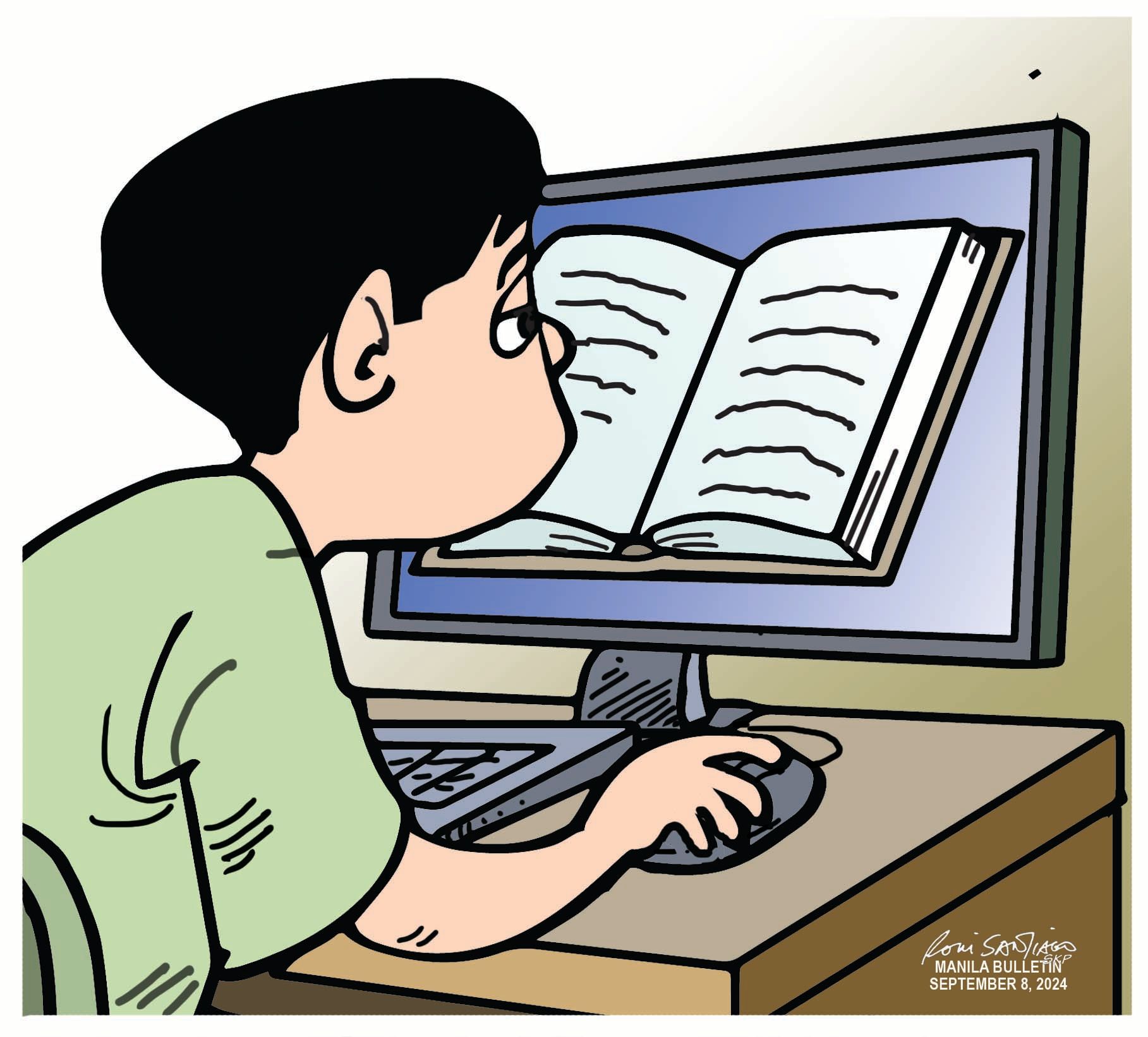
Literacy is a fundamental human right. It is a foundation for people to acquire broader knowledge and skills to enable them to seek more opportunities to have better lives.
Most people may think literacy is a fading problem because worldwide, governments have strengthened education programs and technology has made it possible for many to get educated through online classes.
Contrary to that, the United Nations said that according to latest reports in 2022, at least one out of seven adults aged 15 and above – or 765 million – still lack basic literacy skills. “Additionally, millions of children are struggling to acquire minimum levels of proficiency in reading, writing, and numeracy, while some 250 million children of six to 18 years old are out of school.”
Literacy is not only about knowing how to read and write. In the present situation, the UN defines “literacy” as “beyond its conventional concept as a set of reading, writing and counting skills.” Literacy is now understood as a means of understanding and communication in an increasingly digital world.
“Literacy is a continuum of learning and proficiency in reading, writing, and using numbers throughout life and is part of a larger set of skills, which include digital skills, media literacy, education for sustainable development and global citizenship as well as job-specific skills.”
Skills such as computer literacy, information literacy, and media literacy will empower people, and in particular youth, to develop critical thinking to build resilience to disinformation.
The need to spread literacy has become more important today because literate parents will guide family members to pursue education to upgrade skills and to have better paying jobs.
In the national setting, literacy has the “transformative potential for promoting mutual understanding, social cohesion, and peace,” a UN statement said of its goals in relation to the observance of International Literacy Day on Sept. 8 of every year.
The annual celebration of International Literacy Day (ILD), which started in 1967, aims to “remind policy-makers, practitioners, and the public of the critical importance of literacy for creating more literate, just, peaceful, and sustainable society.”
The UN program to promote literacy in formal and non-formal settings focuses on four priority areas: strengthening national strategies and policy development on literacy; addressing the needs of disadvantaged groups, particularly women and girls; using digital technologies to expand and improve learning outcomes; and monitoring progress and assessing literacy skills.
“Literacy skills themselves are expanding and evolving as people engage more and more with information and learning through digital technology,” the UN said.
The theme for this year’s observance of International Literacy Day is "Promoting multilingual education: Literacy for mutual understanding and peace.”
“Literacy empowers and liberates people. Beyond its importance as part of the right to education, literacy improves lives by expanding capabilities. As a result, it reduces poverty, increases participation in the labor market and has positive effects on health and sustainable development.”
Government and private sector support for education should find more ways to spread literacy to all its citizens. It is the foundation of better lives, mutual understanding, and peace.